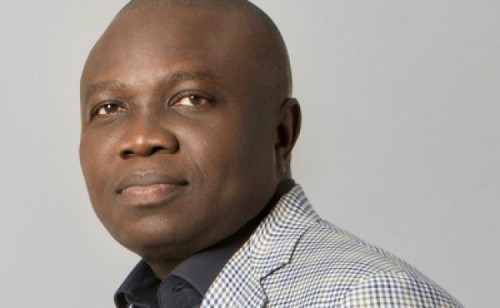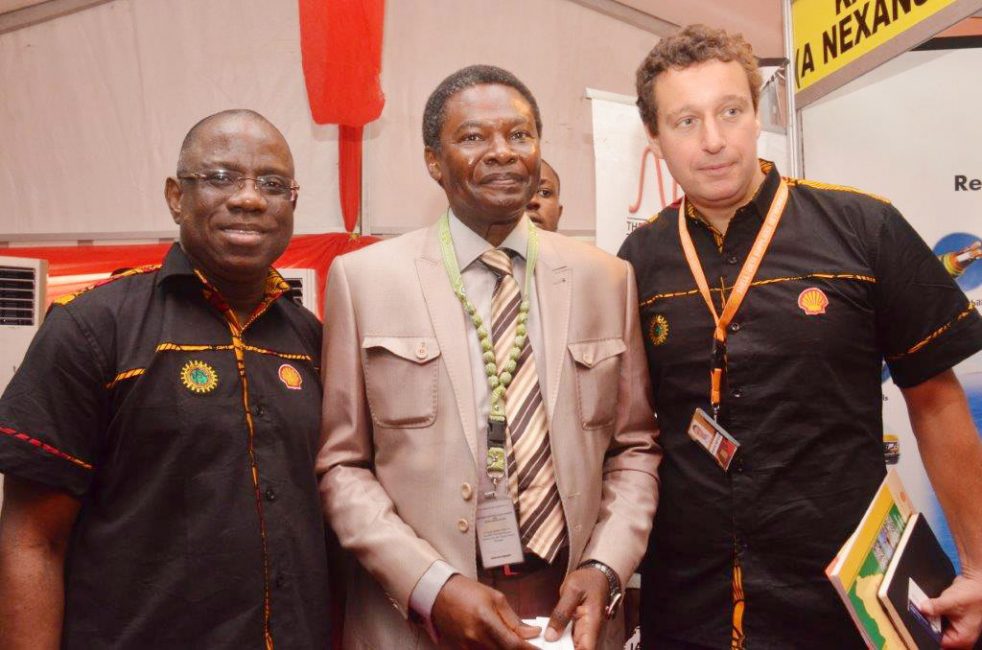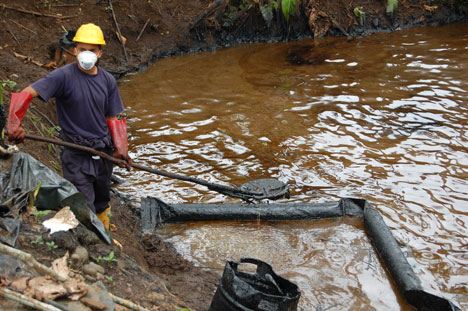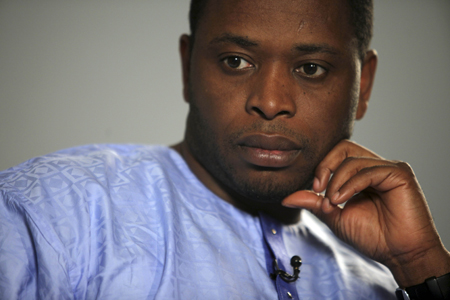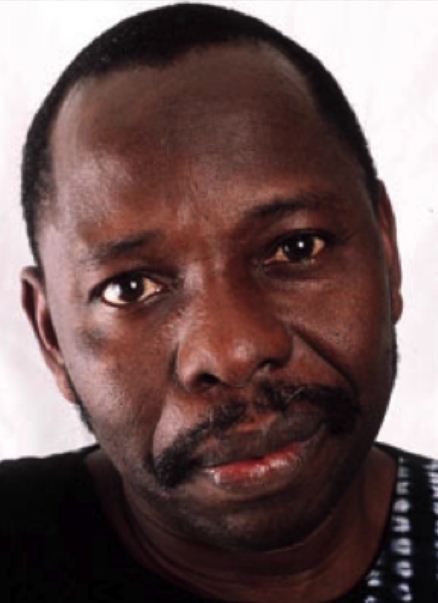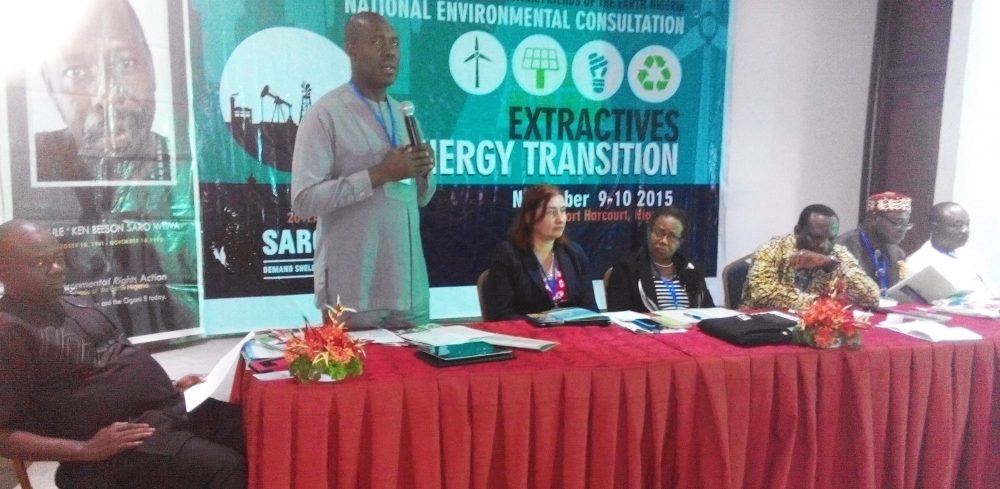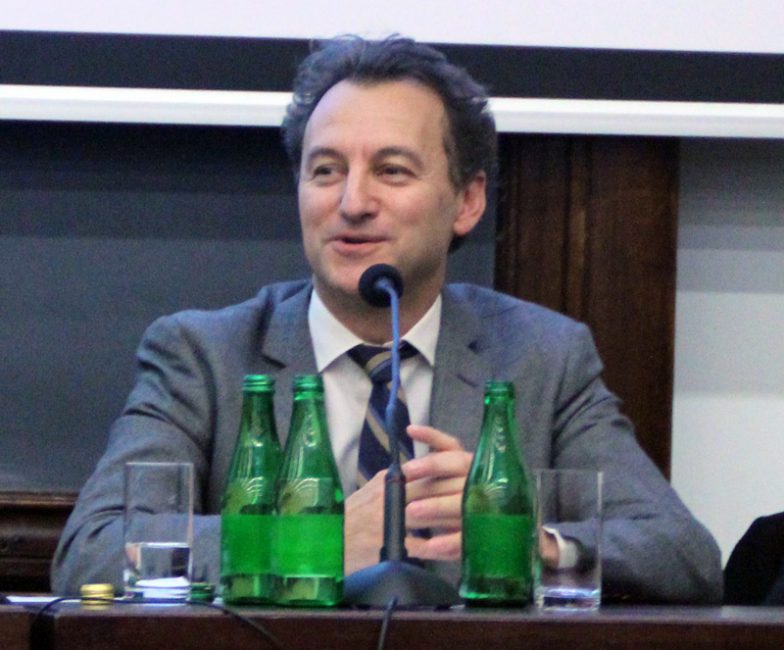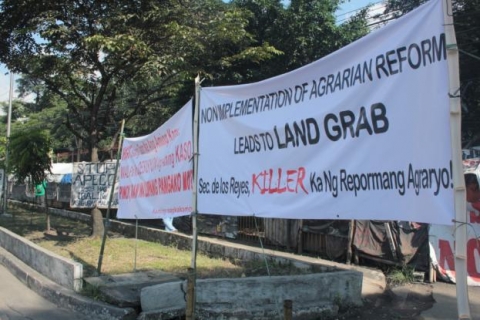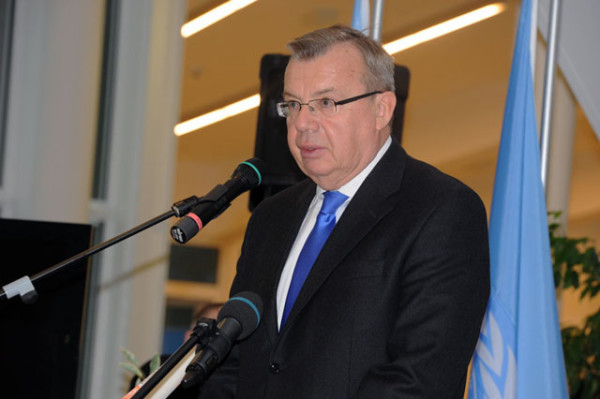Executive Director of the Nigerian Export Promotion Council (NEPC), Segun Awolowo, has revealed that the sum of almost N350 billion is lost to smuggling of Shea products from Nigeria every year due to the non-existence of proper structure for the Shea value chain in the country.
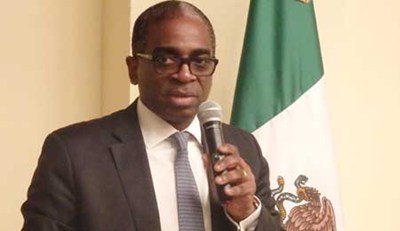
“Nearly N345 million is lost in the smuggling of Shea products out of the country,” Mr Awolowo stated at the Shea Conference in Abuja. The two-day conference which had the theme, Shea Conference: A Concerted Renaissance, was organised by the USAID Nigeria Expanded Trade and Transport (NEXTT) project in collaboration with Shea Origin and the National Shea Products Association of Nigeria (NASPAN).
Noting that the global demand for Shea butter is worth about $10 billion and is projected to be worth about $30 billion by 2020, the NEPC boss called for increased proactive measures of repositioning the non-oil export sector in the country with agricultural products, such as Shea, with which Nigeria’s GDP is expected to surge.
“This adds value to the country’s socio-economic space in the form of inclusive and sustainable growth and wealth creation,” he said, adding that “becoming a competitive global player in Shea production is one key step in Nigeria’s push to industrialise, lifting millions out of poverty and bringing the country closer to realizing its full economic potential.”
In addition to the traditional uses of Shea such as cosmetics, soap, moisturiser, oil, wax, ointments and candles, Shea butter is now commonly used in the production of cocoa butter equivalents or improvers and up to 5% content by weight is allowed under EU regulations in chocolate, other confectionaries and margarine, creating even larger international markets for Shea products.
According to the Food and Agricultural Organisation (FAO), Nigeria is the world largest producer of Shea nut, producing 325,000mt in 2010 with the wildly grown Shea trees predominant in 21 states across the country.
Lamenting the failure to harness this nature endowed advantage, Awolowo noted that issues of quality control with Shea processing in Nigeria must be standardised. “Although there are approximately 16 Shea producing states in Nigeria, problems arising from quality control meant we were unable to convert our comparative advantage to competitive advantage in the global arena. Yet the strong sector development can lead to poverty reduction, women empowerment, employment generation through the establishment of small and medium scale industries and the earning of precious foreign exchange.”
Mr Awolowo however revealed that Shea butter is one of the products that has been selected for the NEPC One-State-One-Product (OSOP) initiative which seeks to “develop one exportable product per state by leveraging on the area’s comparative advantage.”
He also adds that Shea butter will feature prominently as one of the products for the Africa Growth and Opportunity Act (AGOA) initiative by the US government which allows import of agricultural commodities from Africa to the US, duty free as well as the Nigeria Diaspora Export Programme (NDEX), which seeks to take advantage of Nigerians in the diaspora by leveraging on their population.
Declaring the conference open, Wife of the Vice-President, Mrs Dolapo Osinbajo, noted: “Shea butter industry would be able to achieve and eradicate extreme hunger, universal primary education, promote gender equality, and empower women, reduce child mortality, improve maternal health, combat HIV/AIDS and malaria, and other diseases, to ensure environmental sustainability, and develop a global partnership for development.”
Also speaking at the conference, the Executive Secretary of the Nigeria Investment Promotion Commission (NIPC) who was represented by Mallam Aminu Takuma – a Director at NIPC – stated: “NIPC will be partnering with the USAID Nigeria NEXTT project and Technoserve to facilitate investments in Shea Clusters with necessary processing facilities in states where Shea trees are predominant.” The Shea clusters are to be spread across the 19 states where the Shea trees are predominant.
Affirming the investment opportunities in Nigeria for the Shea industry with growing international demand, the President of NASPAN, Saidu Ali, notes that “there are currently six massive processing plants for Shea butter in Ghana while there is none in Nigeria.”
“Imagine the level of economic loss for us as a country while we are losing most of the Shea nuts and butter to smugglers,” he adds.
The conference which had over 250 participants featured training sessions on critical issues such as industry trends, production techniques, and the international market for Shea, as well as practical information about the Shea business and improving its processing standards.
The U.S. government, through USAID, continues to support Nigeria’s Shea industry, through the Global Shea Alliance, which includes leading retail brands, Shea butter manufacturers, research institutions, ministries, regulatory bodies, and Shea butter producers and exporters.
“By building local capacities and facilitating a dialogue on public-private partnerships, this conference will do much to further the development and vitality of the Shea industry,” said Mobola Sagoe, Chief Executive of Shea Origin and convener of the Shea Conference.
In a related development, the USAID Nigeria has revealed plans to support the development of the Shea industry in Nigeria through the wide network of Global Shea Alliance, another USAID initiative for the Shea sector.
Acting Deputy Mission Director of the American aid organisation in Nigeria, Kathy Body, made this know at the 2015 Shea conference in Abuja, where she stated: “USAID Nigeria recognises that a stronger Nigerian role in the global Shea market will particularly benefit rural Nigerian women.”
Thousands of women are engaged in picking and processing of Shea in rural communities across 21 states in Nigeria, and observers believe that improving the standard of production can lead to poverty reduction as the demand for Shea butter is increasing in the international market.
“USAID believes that, together, we can help Nigeria’s Shea industry to take advantage of the business opportunities that exist for this commodity,” Ms. Body stated, adding that “the U.S. is committed to supporting sustainable, broad-based economic growth in Nigeria. We believe that Nigeria’s agricultural sector will be the key area for that growth.”
“We are very proud of our support to the Global Shea Alliance that today has more than 350 members, today the Alliance spans the entire industry. The number of Alliance members is not nearly as important as the women’s groups who collect Shea; the exporter of Shea nuts and Shea butter in Nigeria and Africa, or the world’s leading specialty companies that use Shea in their products including global candy and beauty products.”
Appealing to practitioners in the Shea sector, the USAID Nigeria Director underlined the need for a standard procedure of processing to enable the marketability of Nigeria’s Shea appropriately at the right value.
“The Shea industry has been growing, but further growth is possible, particularly if those in the industry can create the economies of scale in production and marketing that will allow producers to add more value to their goods.”
“Producers need to be able to take advantage of regional and global markets, and process their products where it makes the most sense. I encourage you to be persistent in your efforts to build a stronger and more competitive Shea industry,” Body concluded.
By Tina Armstrong

